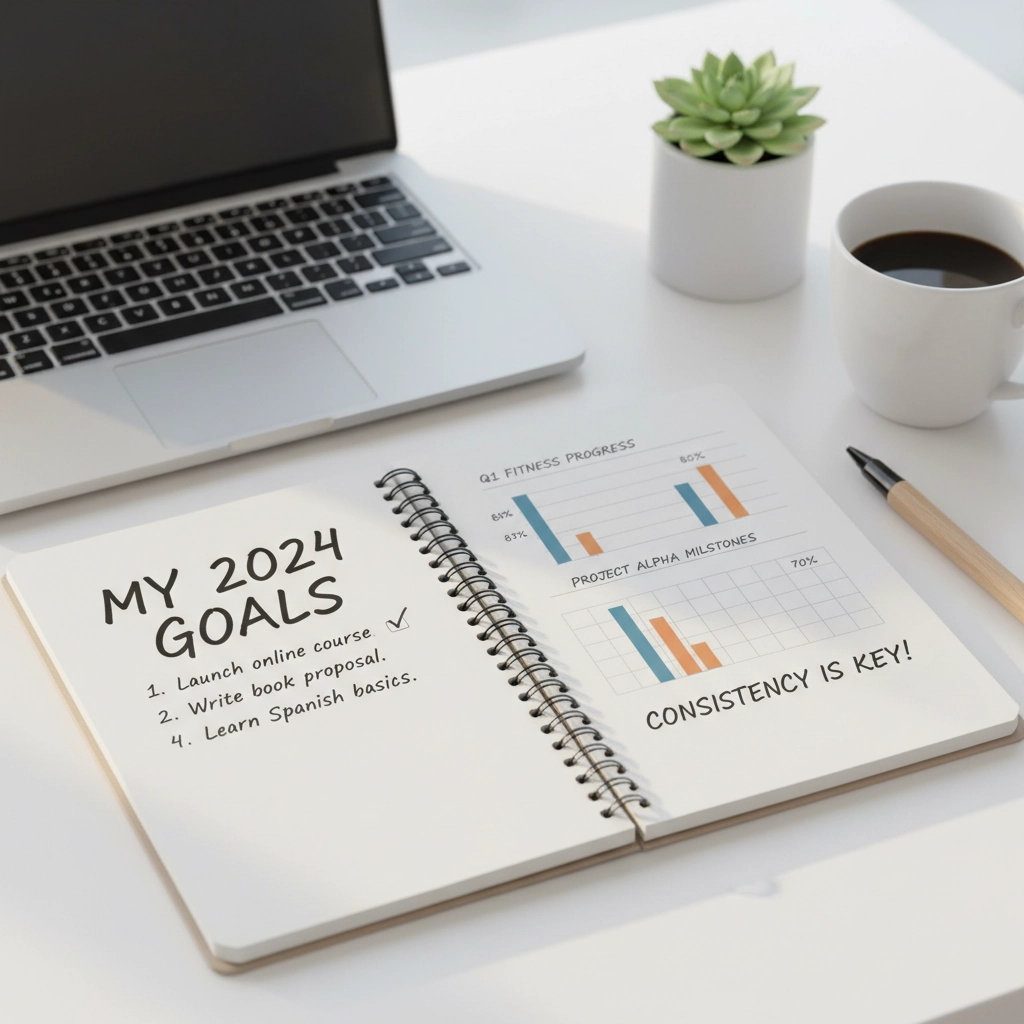The Simple Trick to Boost Your Mood AND Your Wallet Right Now
- Travis Moore
- Sep 3
- 5 min read
Updated: Sep 7
The most effective strategy for simultaneously improving your emotional well-being and financial health is to replace costly mood-boosting activities with free alternatives that deliver equal or greater psychological benefits. This approach addresses two common challenges: emotional spending habits and the misconception that happiness requires financial investment.
Understanding the Psychology of Spending and Mood
When experiencing stress, boredom, or negative emotions, people naturally seek immediate relief through activities that provide temporary satisfaction. Research demonstrates that retail therapy, dining out, and paid entertainment often serve as quick fixes for emotional discomfort. However, these solutions create a cycle where mood improvement comes at a direct financial cost.
The key insight is that many of the most powerful mood enhancers require no monetary investment and can be accessed immediately. By understanding this principle, you can break the pattern of emotional spending while simultaneously improving your mental state and preserving your financial resources.
Free Nature-Based Activities for Immediate Mood Enhancement
Spending time in natural environments provides significant psychological benefits including reduced stress levels, increased attention span, improved mood regulation, and lower risk of anxiety-related disorders. Scientific studies consistently show that nature exposure activates the parasympathetic nervous system, which promotes relaxation and emotional stability.

Implement Daily Nature Breaks: Schedule 15-30 minute walks in local parks, gardens, or tree-lined neighborhoods. These brief excursions require no equipment or fees while providing immediate stress relief and mental clarity. For urban dwellers, even small green spaces or indoor plants can offer similar benefits.
Plan Weekend Nature Excursions: Research free hiking trails, public beaches, or nature preserves in your area. These locations provide extended periods of natural exposure without admission fees or equipment costs. Bring homemade meals to avoid restaurant expenses while extending your time outdoors.
Create Outdoor Workspaces: When weather permits, relocate work or study activities to outdoor environments such as public parks or garden areas. This strategy combines productivity with natural mood enhancement while avoiding the costs associated with coffee shops or co-working spaces.
Digital Wellness Strategies That Save Money
Excessive social media consumption correlates with increased anxiety, reduced life satisfaction, and heightened impulse spending behaviors. By implementing strategic digital breaks, you can improve mental health while reducing exposure to advertising content that triggers unnecessary purchases.
Execute Social Media Detoxes: Designate specific days or time periods for complete social media avoidance. During these breaks, engage in offline activities such as reading library books, organizing personal spaces, or practicing mindfulness exercises. This approach eliminates the psychological pressure to maintain online appearances through purchases.
Replace Digital Entertainment: Instead of subscribing to multiple streaming services or purchasing digital content, utilize free resources such as library book collections, public radio programs, or educational podcasts. Many libraries offer free access to digital magazines, audiobooks, and online courses.
DIY Projects for Creative Fulfillment and Financial Savings
Creating handmade items provides psychological satisfaction through accomplishment and creativity while eliminating the need to purchase similar products. DIY activities engage problem-solving skills and provide tangible results that boost self-efficacy and mood.

Home Improvement Projects: Use existing materials and basic tools to organize, repair, or refresh living spaces. Simple projects such as rearranging furniture, deep cleaning, or creating storage solutions improve your environment while saving money on professional services or new purchases.
Handmade Gift Creation: Develop skills in crafting personalized gifts for friends and family members. Options include baked goods, handwritten letters, photo albums, or simple crafts made from household materials. This approach demonstrates thoughtfulness while reducing gift-giving expenses.
Clothing and Accessory Modifications: Learn basic sewing, tailoring, or customization techniques to refresh existing wardrobe items. These skills extend the life of clothing while creating unique pieces that reflect personal style without retail costs.
Free Learning Opportunities for Personal Development
Acquiring new knowledge and skills provides long-term satisfaction and can improve future earning potential while requiring minimal financial investment. The internet offers extensive educational resources that rival expensive courses and workshops.
Online Skill Development: Identify free educational platforms that offer courses in areas of personal or professional interest. Languages, technical skills, creative arts, and business topics are widely available through library databases and educational websites. Set specific learning goals and track progress to maintain motivation.
Community-Based Learning: Research local libraries, community centers, and religious organizations that offer free workshops, lectures, or discussion groups. These venues provide structured learning opportunities while building social connections within your community.
Implementation Strategy for Long-Term Success
Successfully adopting these alternatives requires systematic planning and gradual habit formation. Begin by identifying your current spending triggers and emotional patterns to understand when you are most likely to seek costly mood enhancements.
Track Current Spending Patterns: Document instances when you spend money for emotional reasons over a two-week period. Note the circumstances, emotions, and specific purchases involved. This data provides insight into your personal spending triggers and helps identify opportunities for free alternatives.
Schedule Regular Free Activities: Create a weekly schedule that includes specific times for nature walks, DIY projects, or learning activities. Treating these activities as appointments increases the likelihood of consistent participation and reduces the temptation to spend money on alternative entertainment.

Build Support Systems: Share your goals with family members or friends who can participate in free activities or provide accountability. Group activities such as hiking, book discussions, or skill-sharing sessions enhance social connections while maintaining zero-cost entertainment.
Long-Term Financial and Psychological Benefits
Implementing these strategies creates positive feedback loops that strengthen both financial and emotional well-being over time. As you develop skills in finding satisfaction through free activities, you become less dependent on monetary solutions for mood management.
The financial benefits compound through reduced discretionary spending, while the psychological benefits include improved stress management, enhanced creativity, and stronger connections with nature and community. Many individuals report increased life satisfaction and reduced anxiety as they discover fulfillment through non-commercial activities.
Measuring Your Progress
Establish clear metrics for tracking both financial and emotional improvements. Calculate monthly savings from reduced discretionary spending and monitor mood changes using simple rating scales or journal entries. This data provides motivation to continue these practices and helps identify which activities provide the greatest benefits for your specific situation.
By consistently choosing free alternatives to costly mood-boosting activities, you create a sustainable approach to emotional well-being that strengthens rather than depletes your financial resources. This strategy requires no special equipment, extensive planning, or significant time investment – making it accessible for immediate implementation regardless of your current financial situation.
The key to success lies in recognizing that genuine satisfaction and emotional well-being stem from meaningful activities and experiences rather than monetary transactions. Start with one free activity today and gradually expand your repertoire of cost-free mood enhancers to build lasting financial and psychological health.
Comments